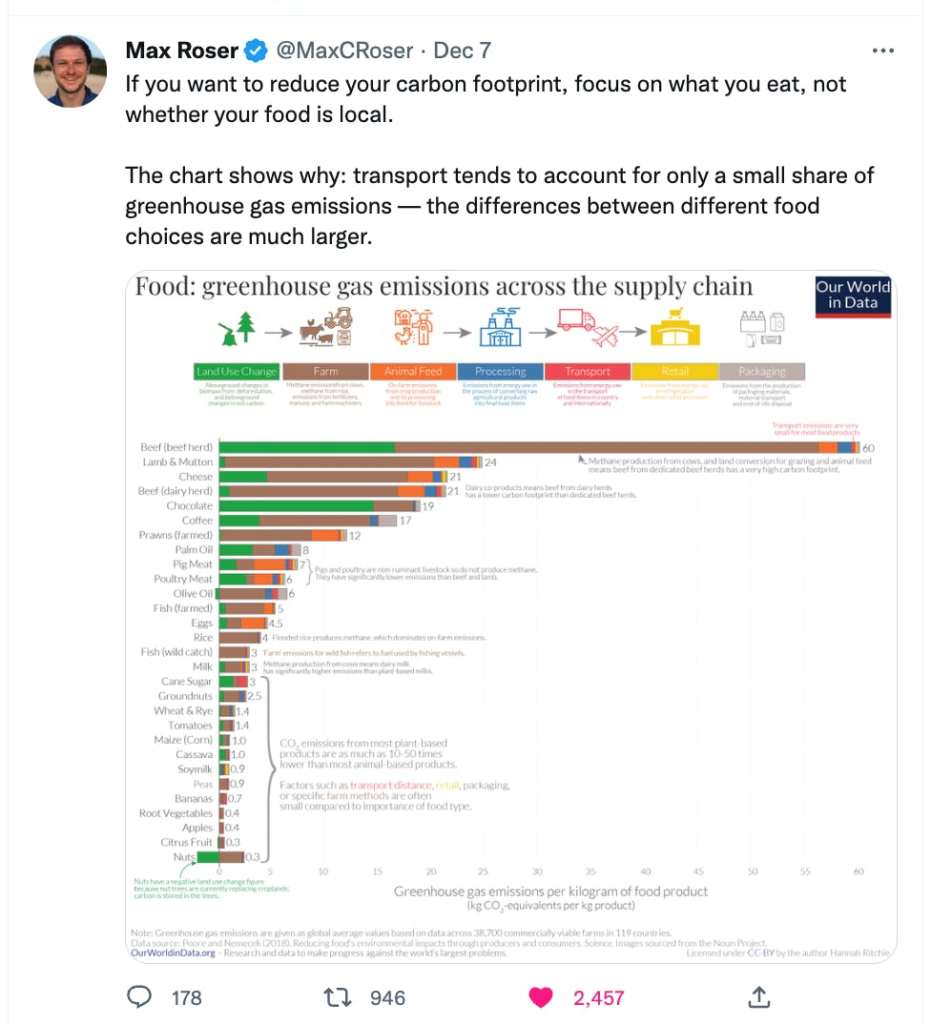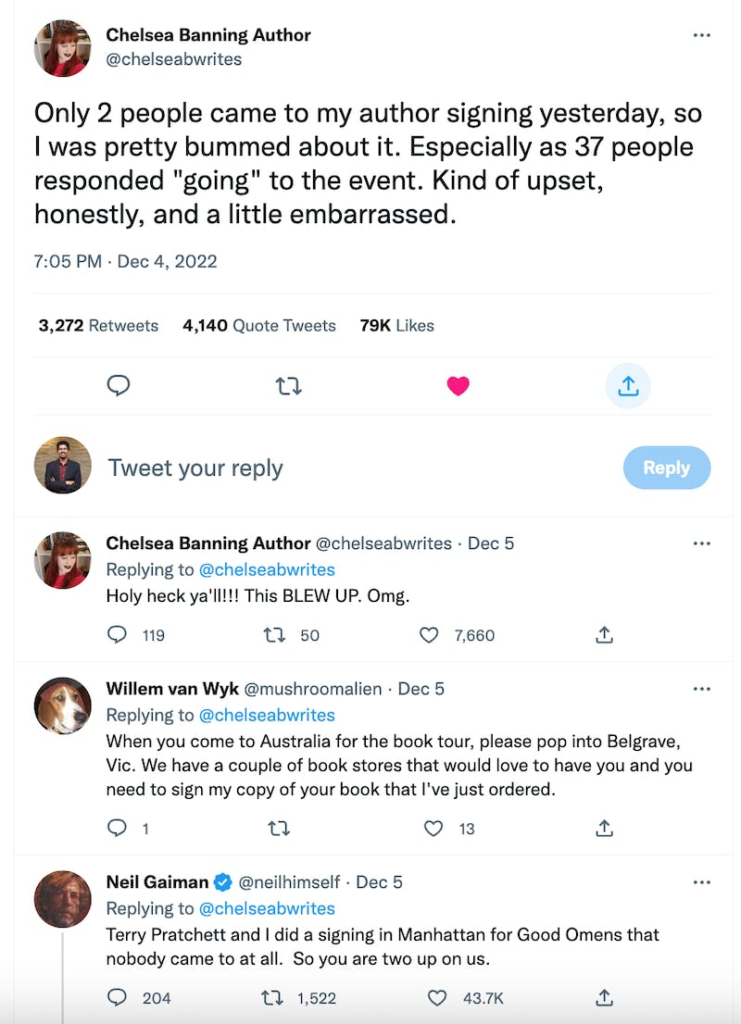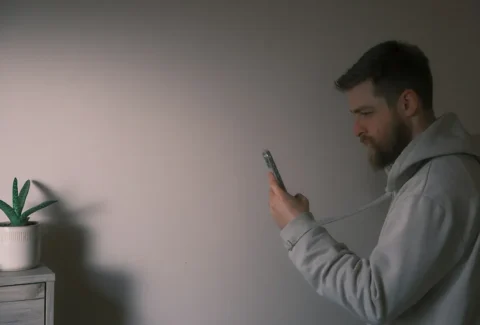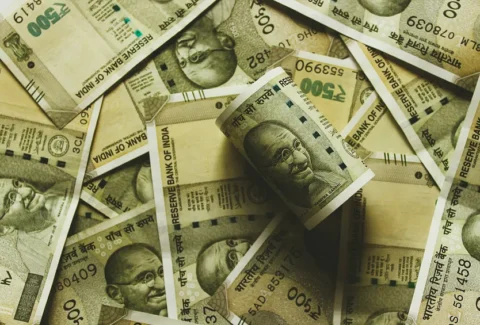Learn to ‘microwrite’
This week’s flagship article is one that may inspire you to write more.
📄 Article/s of the week
a. Uninterrupted writing time is rare. That’s why I ‘microwrite’ – by Alexandra Ridgway
So I write a lot… of small pieces. Newsletters, LinkedIn posts, podcast intros, tweet threads. But I really struggle with long-form stuff.
That’s because writing ten 1000-word pieces (or thirty 300-word posts) is much easier than writing one 10,000-word article.
But those detailed pieces of thinking matter.
I remember Sajith Pai mentioning in our podcast conversation how he’s gotten a lot of traction from just a few long-form pieces he’s written.
This article offers great inspiration for anyone looking to do that and not “finding the time”
The writer, Alexandra, had an enormous writing challenge facing her. She had to write her PhD thesis… While taking care of her toddler twins. Here’s how she coped:
After my fingers came nowhere close to a keyboard for 6 weeks, I decided enough was enough; I would just have to use the rare minutes I had. I set up my work space, with my thesis cued up and ready to go. As soon as my babies drifted off, I flew to my computer, a sentence already formed in my mind, determined to see whether I could land those words on the page before the babies realized I was gone.
It is incredible how she managed to write it. Bit by bit. Para by para. Sentence by sentence. Word by word.
Inspiring stuff.
b. Avoid macro procrastination by Neel Nanda
You should pair the microwriting article with some more inspiration – through this post on avoiding macro procrastination.
…there are worthwhile tasks I procrastinate on that don’t have deadlines. And these are often really important! Things that will help me towards becoming a happier person, helpful to my career, and generally improving the world. It is a really big deal if I never do them. But nobody is holding me accountable, there is no urgency, and so nothing ever happens. I call this problem macro-procrastination.
It’s a similar theme to Tim Urban’s famous TED talk on procrastination.
Neel states that step 1 is to Notice that you are macro-procrastinating. This can happen by periodically reflecting on your own life and work.
Here’s an interesting idea Neel shares:
Another framing: Imagine you had a year of free time, and make a list of at least 20 things you’d do with that time – projects you’d work on, new things you’d try, problems in a life you could try to resolve, something you’d always wanted to learn. Then, at the end, go back through that list and ask yourself which of those you could do now.
– 20 is a deliberately ambitious number, set yourself a 20 minute timer while generating these. It’s easy to confuse the feeling of “this is hard to generate” with “this is impossible to generate”
– I find this framing valuable, because it’s simulating a life where I have a lot of Slack. Some of the ideas will be too ambitious, but some are small enough that I could do them around my day-to-day life! It just takes a reframing to realise I care enough to make time for them.
Once you’ve identified what you are macro-procrastinating on, you need to figure out a way to actually do it… (maybe by microwriting? 🙂
c. England share the burden and the glory in Ben Stokes’ crowning victory by Vithushan Ehantharajah
Amidst all the focus on football, some cricket writing. The English cricket team are continuing to scale new peaks under the inspiring leadership of Brendon McCullum and Ben Stokes.
The latest feat – a stunning test victory over Pakistan at Rawalpindi, overcoming several challenges including: sick teammates, a dead pitch, fading light and some fighting rearguard action by the Pakistan batsmen.
Great achievements deserve great storytelling and this piece by latest Cricinfo star, Vithushan Ehantharajah is stunningly good.
🎧 Podcast episode/s of the week
a. ‘Why is causality important for artificial intelligence?’ by the Industrial AI podcast
Ok, I’ll admit – this is not a typical recommendation by me.
I came across this episode because I am interested in the concept of causality (at a philosophical level) and searched for that in my podcast player.
The ‘Industrial AI’ podcast is Germany-based and has two hosts – Peter Seeberg, a manufacturing AI and automation expert and Robert Weber, a journalist for industrial topics. The podcast does not restrict itself to industrial sector though and instead covers a wide swathe of topics.
The main topic here is about the importance of finding causal connections in data. It is easier to find correlations, but far more difficult to find causation.
For instance, you might find that a lot of men with grey hair also wear reading glasses. Does that mean that grey hair leads to vision issues? Or reading glasses make your hair grey? Of course not – these factors are correlated. The underlying causal factor is old age….
Or it could also be stress. Or it could also be genetic factors. Or poor reading habits.
See how complicated this gets?
When we tell data stories we are constantly looking for causal connections between metrics. While doing that, we need to be careful not to fall prey to spurious connections. This discussion is a good primer on some of the factors to be kept in mind.
For instance, one idea which struck me in the conversation was the concept of the 3Vs of big data.
So big data needs 3Vs to be useful: Volume, Velocity and Variety. For having a better chance of finding causality, we need a lot of the 3rd V – Variety. In simple terms, a lot of columns are needed in the Excel table, to be able to explore different possible causal relationships.
Fair warning: This is a nerdy discussion only for those interested in the topics of data analytics, causality vs correlation etc.
🐦 Tweet/s of the week
ChatGPT, which looks to be a Google killer is the new rage on the internet. This site would be a good place to keep track of the coolest ways in which this tool is being put into use:

What you eat matters more than where the food come from (from a carbon footprint point of view).

The reactions from leading published authors to this tweet are heartwarming! Check out Neil Gaiman’s response:

💬 Quote of the week
“Your biggest enemy is a day spent not writing, not a day spent writing too little.”
– Tyler Cowen
📹 Video of the week
a. Don’t choose extinction by UNDP (2:31)
You might have come across this striking video of a talking di… well I’ll let you find out on your own if you haven’t seen it yet.
A powerful way to give the message with some great scripting and VFX.
That’s it folks: my recommended reads, listens and views for the week.
Take care and stay safe.








